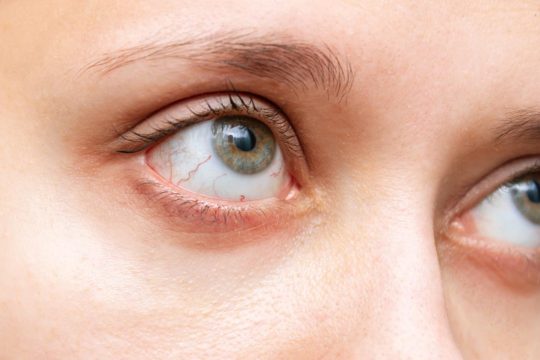Advertisment
Bullying link to psychiatric health

A new study shows that children who are exposed to bullying during childhood are at
increased risk of psychiatric disorders in adulthood, regardless of whether they are victims or perpetrators.
Professor William E. Copeland of Duke University Medical Center and Professor Dieter Wolke of the University of Warwick led a team in examining whether bullying in childhood predicts psychiatric problems and suicidality in young adulthood. While some still view bullying as a harmless rite of passage, research shows that being a victim of bullying increases the risk of adverse outcomes to mental health.
This study, published in Online First by JAMA Psychiatry, looked beyond the victims of bullying and also investigated the impact on the bullies themselves, and those who fall into both categories.
Professor Wolke summarised the outcome of the study, “It is clear that those involved in bullying are at an increased risk for emotional disorders in later life. It is those in the middle of the chain, who are both bullies and victims, who are at the highest risk of suicide.”
The results indicate a clear pattern in the three categories that highlights the extent of the influence that childhood bullying can have.
Victims of bullying displayed a higher prevalence of agoraphobia, general anxiety and panic disorder in young adulthood, whereas bullies showed a tendency to develop an antisocial personality disorder. Those who were both bullies and victims were significantly more likely to suffer from depression, panic disorder, agoraphobia (in females only) and suicidal tendencies (in males only).
Professor Wolke explained “Bullying simply cannot be seen as a harmless, inevitable part of growing up. Bullying can be easily assessed and monitored by health professionals and school personnel, and effective interventions that reduce victimization are already available.
“Understanding the impact of bullying on both the individual, whether victim or perpetrator, and on society as a whole, means we must promote such interventions to help reduce human suffering and provide a safer environment for children to grow up in.”
The research assessed 1,420 participants four to six times between the ages of 9 and 16 years and accounted for the influence of childhood psychiatric problems and family hardships.
Further Information





